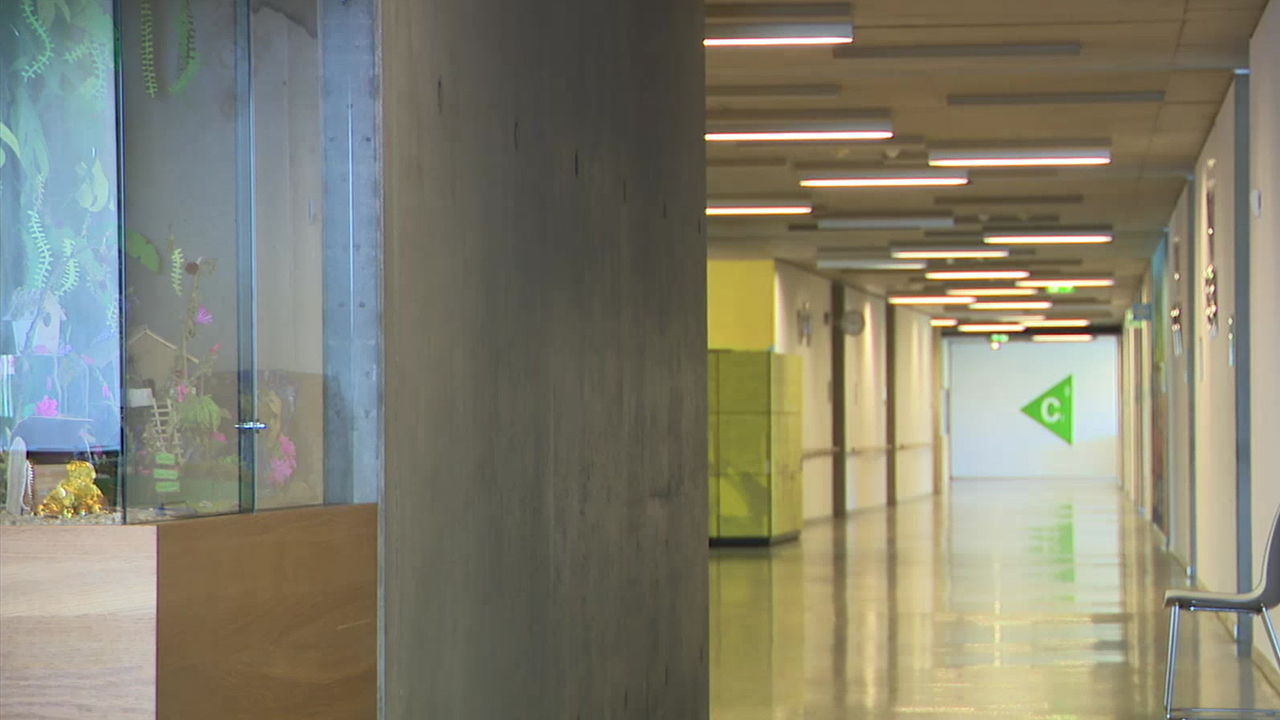Violent incidents, like the recent altercation at Lycée Belval, reflect a dangerous societal trend of young people publicising conflicts online, warns Fernand Winkin of Luxembourg’s CEPAS resource centre, who stresses that “every case is one too many.”
A viral video depicting a violent altercation between secondary students at Lycée Belval in Esch-sur-Alzette prompted swift institutional responses last week, reigniting discussions about youth conflict resolution in the digital age. The school administration activated disciplinary procedures while alerting police, but the incident raises broader questions about prevention and witness intervention.
The Psychosocial and Educational Support Service (CEPAS) serves as Luxembourg’s school-based resource for addressing violence and bullying. When conflicts escalate beyond school grounds – particularly through viral video sharing – CEPAS provides psychological support for affected students, rehabilitation-focused follow-up for perpetrators, and coordinated interventions with teachers and parents.
Fernand Winkin, head of the SePAS/SSE/Boarding Schools Resource Centre, emphasised this incident reflects a worsening societal pattern during an interview with our colleagues from RTL Radio. “Every case is one too many”, he stated, noting a transnational trend of youth increasingly publicising conflicts online. Winkin called for immediate, coordinated responses to prevent normalisation, urging the Ministry to reinforce preventative measures.
Winkin outlined clear protocols for students confronting violence. “The crucial step is not to hesitate and not to hide”, he emphasised, directing victims and witnesses alike to school-based CEPAS units where psychologists provide immediate support and referrals.
CEPAS employs what Winkin terms “restorative justice” for perpetrators, recognising that violent behaviour often signals underlying distress. The service focuses on rehabilitation through psychological intervention, aiming to address root causes and facilitate reintegration.
Winkin specifically warned students that recording or sharing violent content constitutes a prosecutable offence. Responsibility extends beyond the physical perpetrator to anyone disseminating such material, he stated.
